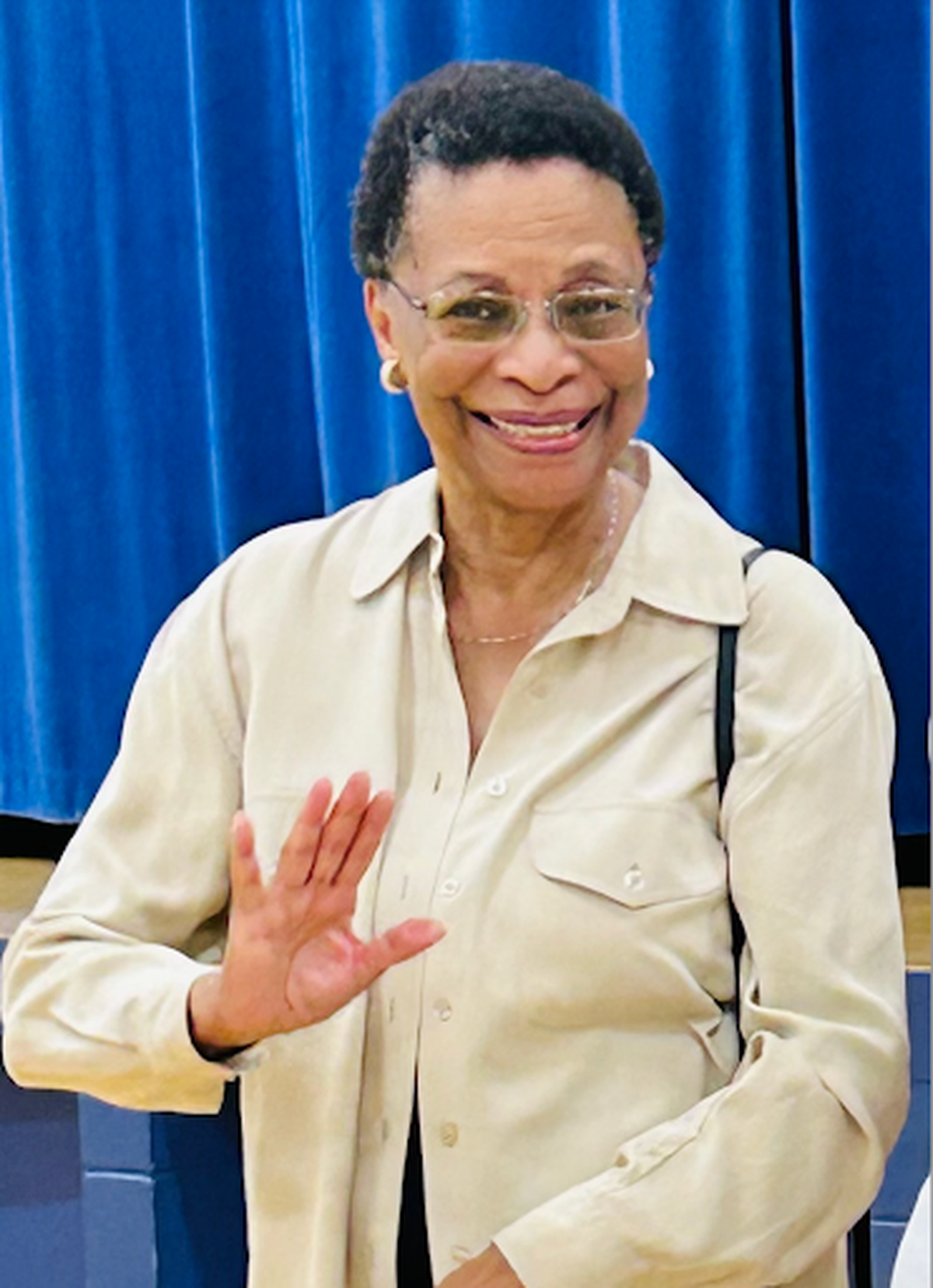“If you’re not at the table, the menu will change, and your table setting will be moved to another spot. You have to be there.”
Roberta Greene was the first Black woman to be elected to the Spokane City Council in the mid-1990s, and she knows exactly how important it is to be civically engaged.
Greene has a long-term relationship with Spokane. Arriving in 1986, she says that moving from North Carolina was one of the most difficult things her family has ever done.
“We had an opportunity to purchase a business here in Spokane, so our family made the decision to move here,” Greene said. “It’s one of the hardest decisions we ever made, if you want to know the truth, because we were coming to a place that was so drastically different from what we were accustomed to. We were leaving our relatives behind. We moved here knowing just the three of us.”
It was Greene, her husband and her son. Spokane was an entirely different playing field.
As local business owners, and as new faces in a city where they were not of the majority demographic, the Greenes had to strategize on how to build community. Charlotte, North Carolina, was vastly different from Spokane, culturally. In addition to being transplants in the Pacific Northwest, they were charged with leading a team of employees as business owners and had to earn the trust of local customers. In business, typically people buy and sell from people they know, reflects Greene.
“And here we were moving into this town. We had about 60-65 employees. The prior owners didn’t tell them that we were coming. Not only did they not tell them we were coming, but (also) that we were Black,” Greene said. “So that was a double shock. We decided that I would be involved as much as possible in the community. And that meant being a part of many, many, many committees.”
This was the move that helped make the Greene name recognizable. She remembers getting the call that lit the spark for her to run for office.
“Somebody called me out of the blue one day, a prominent member of the Spokane community those years ago, and just asked if I would be interested in running. And I said, ‘no’ and we talked a bit and then hung up.”
When she told her husband Nate about the conversation (starting with “you’ll never believe what just happened!”), he took it a step further and asked her why she wouldn’t.
“And that was the beginning of our decision; that was the beginning of the run. I think that’s sometimes all it takes,” she said. “It’s finding that person whose nerve you can touch and say, ‘Why won’t you do this? This is for the good of the community.’ “
Greene won city-wide elections in 1995 and 1999. From 1996 to 2003, she was an elected member of the Spokane City Council.
When asked why civic engagement is so important, Greene says, “I go back to the phrase, ‘all politics is local’ and so that means that if you are not there on the local level, if you’re not involved, if your voice isn’t being heard, then you will be placed into the woodwork, onto the sidelines and ignored eventually. So, if you don’t protect what you have, if you don’t fight for more that is fair for your population, then you will be ignored.”
Being involved in the community and understanding the needs reinforced diligence in Greene, and these relationships were necessary in making sure that people were not overlooked.
“If we don’t have representation, then we will indeed be looked at as just a part of the wallpapering,” she said.
There is strength, stresses Greene, in solidarity.
What advice does Greene give to someone who is considering running for an elected position? “Talk to those of us who’ve done it. Understand that fear is insidious and creeping, but it can be handled. Just be strong in your core, be grounded in who you are and what you represent and then get a core of people around you who will support you and tell you the truth.”
Greene said she has never been a shrinking violet, but being in an elected position helped her gain confidence.
“You have to know who you are, and you have to speak up for your positions,” Greene said. “We can’t stay where we are, we have to grow within ourselves.”
This current election cycle is giving its fair share of unexpected turns, with important issues looming over the ballot box. Greene, recalling firsthand the sacrifices made to vote in the South during the Civil Rights Movement, doesn’t take it for granted.
“Always vote as if your life depends on it, because it does,” Greene said. “There are so many who would love to restrict access for people of color. They’re just afraid of it; fear causes people to do really weird things. You’ve got to stay ready, so you don’t have to get ready.”
Lastly, Greene said, “Once you’re elected, you need to make sure that you’re not going to have that placard that says, ‘I was the first and I will not be the last.’ ”
